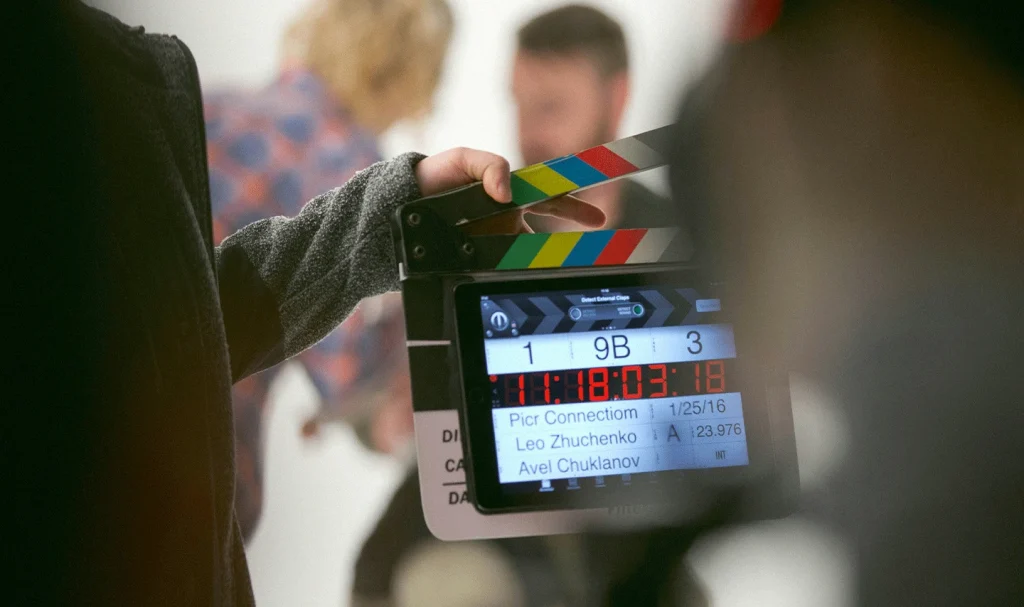Before rolling the camera on real people, whether it’s for documentaries, interviews, or research, it’s crucial to have a video consent form signed. This form is essential for protecting both the creators and the subjects in any video or film production. Here, we’ll cover everything you need to know about video consent forms, the difference between video consent forms and release forms, when to use them, and how to customize them to suit your production needs.
Table of Contents
What is a Video Consent Form?
A video consent form is a legal document that grants permission from individuals (referred to as “talent”) for their images, audio, and words to be used in a production. It’s an essential step that protects both parties—allowing the production team to legally use footage, while providing transparency to the subjects about how the material will be used.
Video Consent Form vs. Release Form: What’s the Difference?
- Video Consent Form: This document allows the use of a person’s image, voice, and dialogue in a specified context, typically for an interview or segment. It confirms that the individual understands their words or image may appear in the production.
- Release Form: This goes further, providing full permission to use an individual’s image, audio, and words in a broader sense, often in different formats or across various media.
Both forms are important, and for some productions, you may want a hybrid document that combines elements of both.
When Should Video Consent Forms Be Signed?
The best time to secure a signed video consent form is before filming begins. Without a signed form, individuals retain the right to withdraw their consent, potentially disrupting your project. Securing a signature upfront eliminates any ambiguity about rights and permissions, letting both you and your talent proceed with confidence.
What to Include in a Video Consent Form
- Media Types: Be explicit about the media covered—video, still images, audio, or quotes. This clarity helps avoid any misunderstandings about what can or cannot be used.
- Third-Party Rights: If you plan to distribute or sell the content to third parties, include a clause allowing this transfer of rights. This is especially important if you envision selling the footage to media outlets or licensing it for broader distribution.
- Commercial and Non-Commercial Rights:
- Commercial Rights: These rights allow you to monetize the footage through advertising, promotional content, or other revenue-generating means.
- Non-Commercial Rights: These are for educational or artistic purposes and do not directly result in profit. If you think your project could have commercial potential, securing both rights upfront is wise.
- Duration of Consent: Specify whether the consent is indefinite or if it has an expiration date. Most producers opt for indefinite consent, ensuring they have long-term usage rights.
- Future Uses: Cover future possibilities, like using the footage in other contexts. If the project expands beyond its initial scope, you’ll be legally covered.
- Payment Clauses: Although payment discussions are often separate, if compensation is involved, you can specify it in the video consent form or add a clause acknowledging unpaid participation. This is especially relevant for productions that involve volunteers or are non-commercial in nature.
Pro Tip: If filming minors, ensure a parent or legal guardian signs on their behalf. Minors cannot legally consent on their own, so this step is crucial for youth-focused productions.
Best Practices for Using Video Consent Forms
- Be Clear and Transparent: Avoid jargon and clearly explain what the participant is consenting to.
- Store Forms Securely: Keep signed video consent forms organized and secure, ideally in digital form like SignME for easy access and safe storage.
- Explain the Process to Non-Professionals: Some people, especially those new to media production, may need clarification on terms and usage. Taking the time to explain the process can build trust and ensure a smooth experience for everyone involved.
Sample Template for a Video Consent Form
Below is an example template to get you started. Remember, legal requirements vary, so always consult a legal professional to ensure compliance with your specific project needs.

